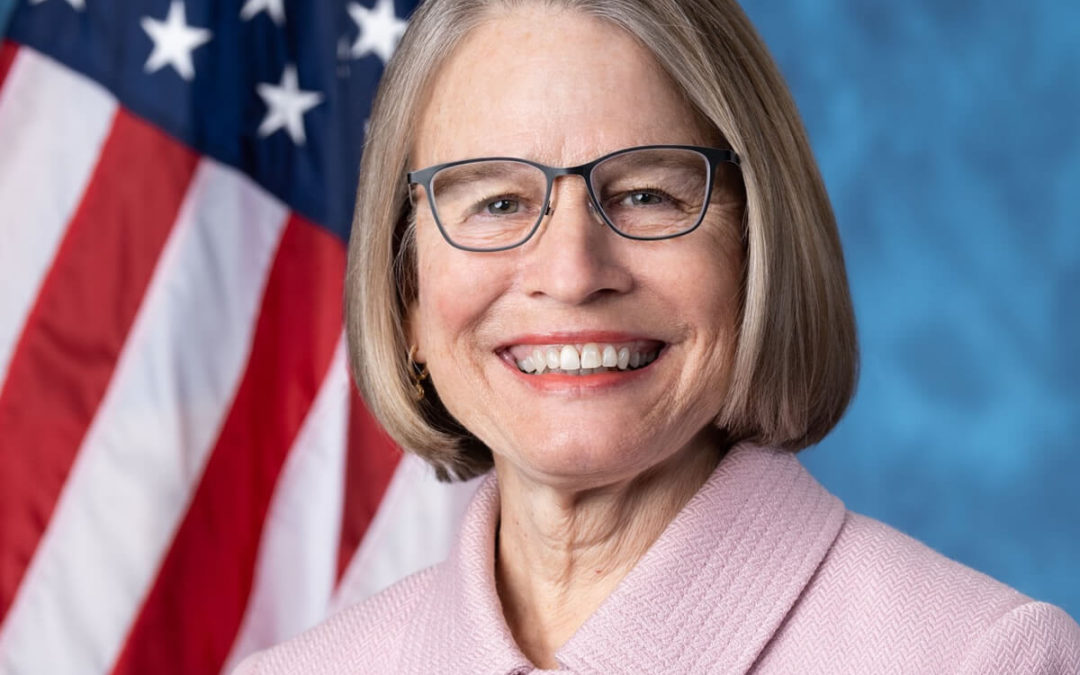When ‘out of staters’ think of Iowa, a few images might come to mind. The Field of Dreams, Hawkeyes, small towns, Casey’s breakfast pizza, and the Iowa caucuses.
But there might be one image that always stands out when folks think of Iowa: acres upon acres of corn, soybeans, and livestock.
March is National Agriculture Month, a great time to think about and thank the men and women who work hard every day to put food on their tables and ours.
Agriculture and farming is synonymous with Iowa. More than eighty percent of Iowa’s land is farmed. Our farmers are the backbone of our communities, economy, and state.
Iowa is a leading producer of soybeans, corn, pork, and eggs in the United States. Our farmers feed and fuel the world, as we are also the top producer of ethanol in the country.
During my short time in Congress, I have been fortunate enough to meet with so many of Iowa’s farmers and take action on their concerns and ideas.
Over a year ago, I joined efforts to support Iowans recovering from the 2020 derecho by authorizing the Wildfire and Hurricane Indemnity Program Plus (WHIP+) to include those in need of assistance in recovery efforts. This would provide much-needed relief for Iowa’s farmers and small businesses.
To continue to support family farmers, I introduced the Meat Packing Special Investigator Act, a bipartisan bill that would tackle anticompetitive practices in the meat and poultry industries. Anticompetitive practices in the meatpacking industry are a threat to both our food supply and national security. Iowa producers are losing money even though consumers are paying higher prices at the store. My bill would give the Department of Agriculture the full power to enforce the Packers and Stockyards Act to crack down on bad actors and push for fair competition in the marketplace.
Just this week, I joined the entire Iowa delegation in a letter urging Environmental Protection Agency (EPA) Administrator Michael Regan to prioritize American energy independence by promoting and incorporating Iowa-made ethanol and biofuels in an American energy strategy that significantly reduces reliance on foreign oil and gas imports.
For years, the United States has imported hundreds of thousands of barrels of Russian oil every day, a slap in the face to workers and businesses across our country. Iowans know that biofuels are a clean and cost-effective alternative for consumers looking to spend less at the pump while also being environmentally friendly.
From the sixth-generation family cattle farm in Southern Iowa to the young farmer who brings his produce to the farmer’s market in Iowa City, take a moment to thank all of them.
Mariannette Miller-Meeks is a resident of Ottumwa who currently represents Iowa’s Second District in the United States House of Representatives.



